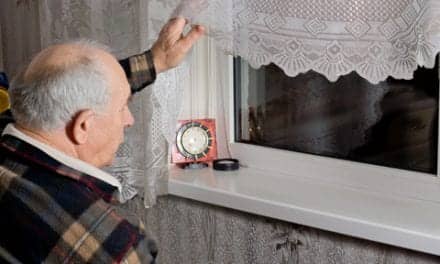Quartz reports that laboratory studies have shown that prolonged exposure to high-intensity blue light damages retinal cells in mice. But, epidemiological studies on real people tell a different story.
One way to think about blue light and potential retinal damage is to consider the sun. sunlight is mostly blue light. On a sunny afternoon, it’s nearly 100,000 times brighter than your computer screen. Yet, few human studies have found any link between sunlight exposure and the development of age-related macular degeneration, a retinal disease that leads to loss of central vision.
If being outside on a sunny afternoon likely doesn’t damage the human retina, then neither can your dim-by-comparison tablet. A theoretical study recently reached the same conclusion.



